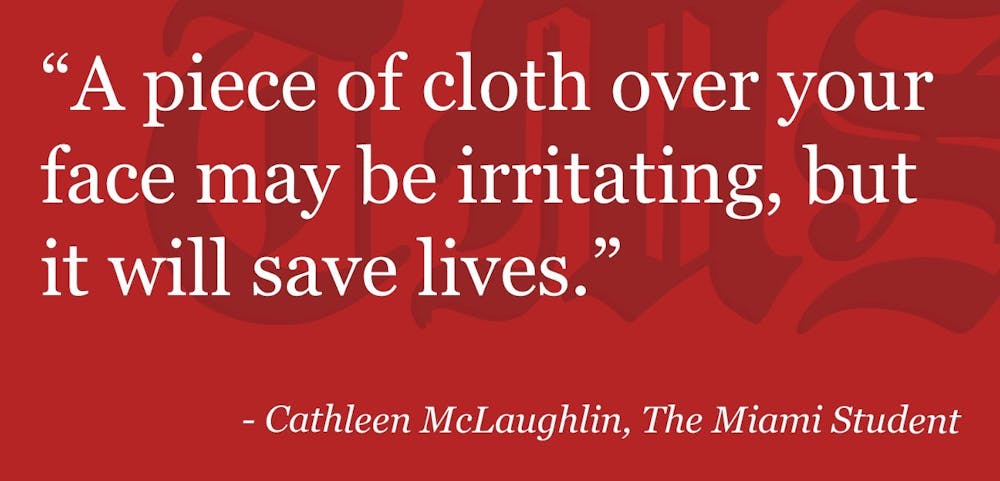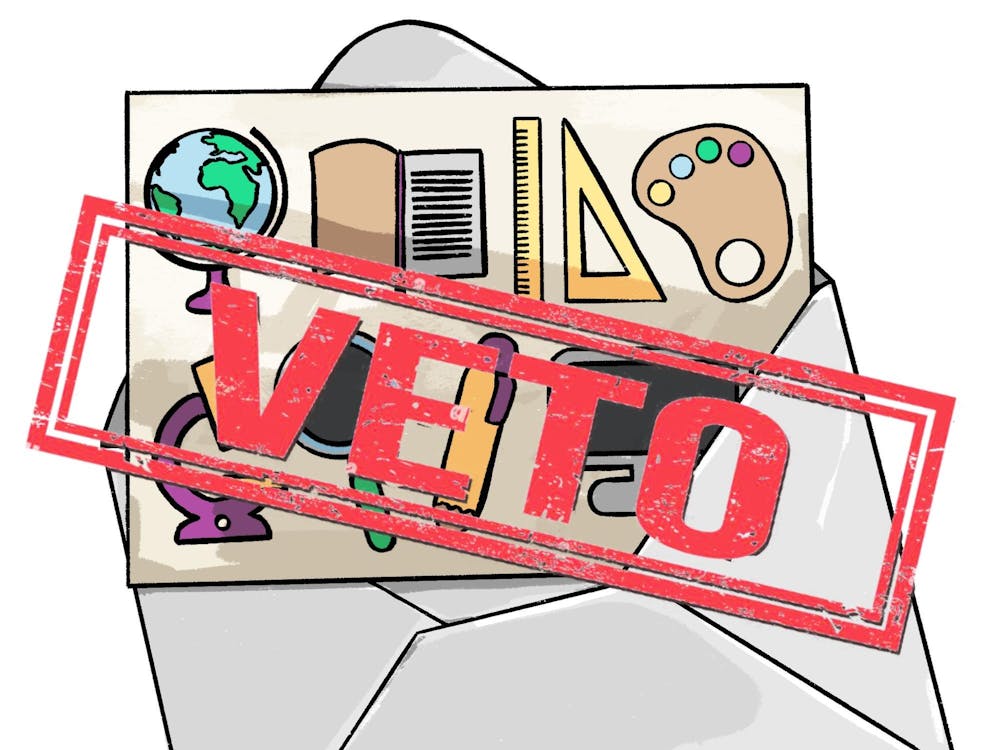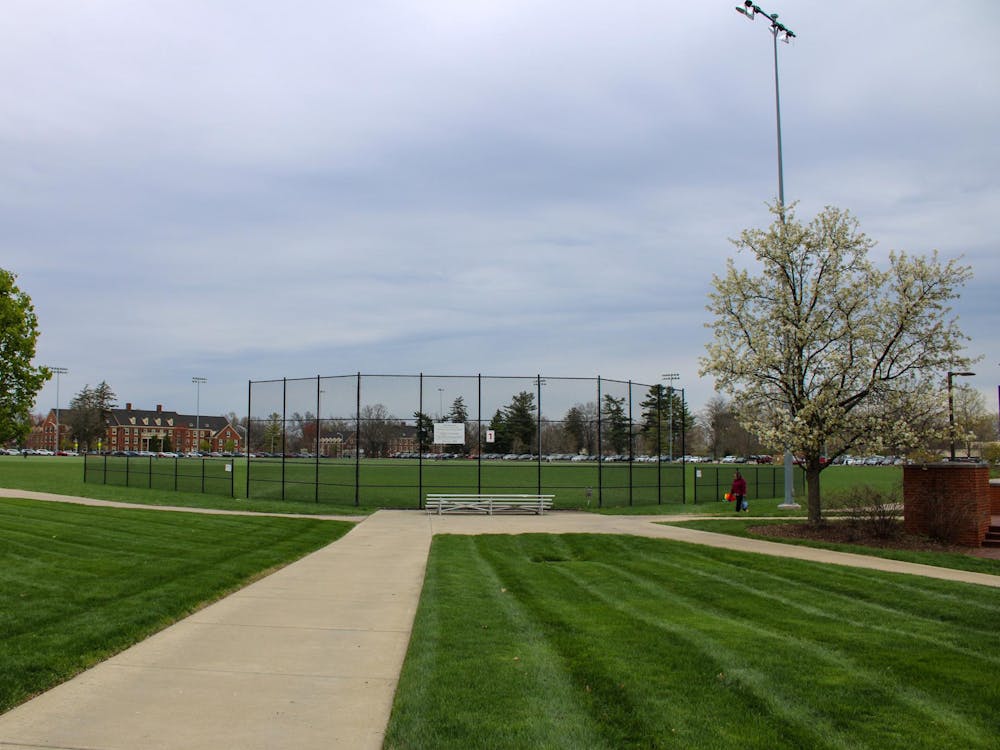More than 200,000 Americans have died from the coronavirus.
Two hundred thousand mothers or fathers, daughters or sons, brothers or sisters, friends or coworkers. Two hundred thousand families learning to live without their loved ones.
Existing figures can lend perspective to this national tragedy. The U.S. COVID-19 death toll outnumbers the total reported American casualties from World War I and the Vietnam War combined.
According to CDC director Robert Redfield, as scientists are testing potential vaccines, the best mechanism for slowing the coronavirus spread is still mask-wearing.
Nevertheless, mask-wearing has been a continued cause of fierce debate in the United States. So-called “anti-maskers” have even taken their protests to the streets.
The coronavirus pandemic may be the largest public health crisis of our lifetime.
So, is it really too much of a burden to wear a mask?
To my generation, it may seem like a significant inconvenience. We have never experienced a time when such domestic participation was expected — much less required — from us.
But in reality, what we are being asked to do is very simple.
When times get tough, I look to my family history for examples of true sacrifice.
When he was 17 years old, my Great-Uncle Billy dropped out of high school to join the Navy. Stationed on the USS Oklahoma, he was killed during the Pearl Harbor attack on Dec. 7, 1941. He turned 18 just a month before his death.
He made the ultimate sacrifice by giving his life for his country.
Enjoy what you're reading?
Signup for our newsletter
My grandfather was 12 years old when his father died at the age of 48, leaving his widow and six children behind. There were no survivor benefits. There was no Social Security. No fallbacks for my grandmother. The family lost its breadwinner. So, my grandfather and his older brother, who was all of 14, took on the mantle of the “men of the house.” They gave up their childhoods to help their mother feed the family.
Not long after that, my grandfather found himself fighting in Germany during World War II, sacrificing his early adulthood to fight for his country. After being blown into a foxhole, he came back to the United States and his family with a leg that would constantly ache and would never be the same again.
His young life was a model of sacrifice.
You may not have personal examples of sacrifice to draw strength from. However, there have been many examples in America’s past when ordinary citizens have left an indelible mark on history by patriotically uniting for a common cause — something that we must do now.
During both World Wars, those on the home front cultivated victory gardens to boost morale, show their patriotism and ease the burden on farmers working to feed troops and civilians overseas while the country was rationing supplies.
Families would plant fruits and vegetables in their backyards, on rooftops and wherever space was available. Neighbors would share their tools and yields.
For Americans, the reason was less about starvation and more about solidarity. They knew what it was like to sacrifice and to live with very little. The Great Depression ravaged the country for a decade before the war, after all.
Sure, it is fair to point out that this action was voluntary, not mandatory. The point is, it never had to be required because many citizens understood the victory garden campaign to be an implied civic duty.
The U.S Department of Agriculture estimates that Americans planted 20 million gardens by 1944, producing around eight million tons of food.
It is important to note that America’s youth were certainly not exempt from the war effort.
Youth groups like the Boy Scouts were highly involved in scrap drives for rubber and tin, supplies which helped America’s military win World War II.
It is easy to see how small sacrifices can make a huge difference.
The coronavirus pandemic has upended your lives. War upended their lives.
Their collective sacrifices made a difference. Yours can, too.
So, I urge you to think of those around you as you walk to class, take a trip to the grocery store or grab a coffee from Starbucks.
If you have to, think of those people in your life who are not as healthy.
A piece of cloth over your face may be irritating, but it will save lives.
Be a patriot.
Be a lifesaver.
Wear a mask.




